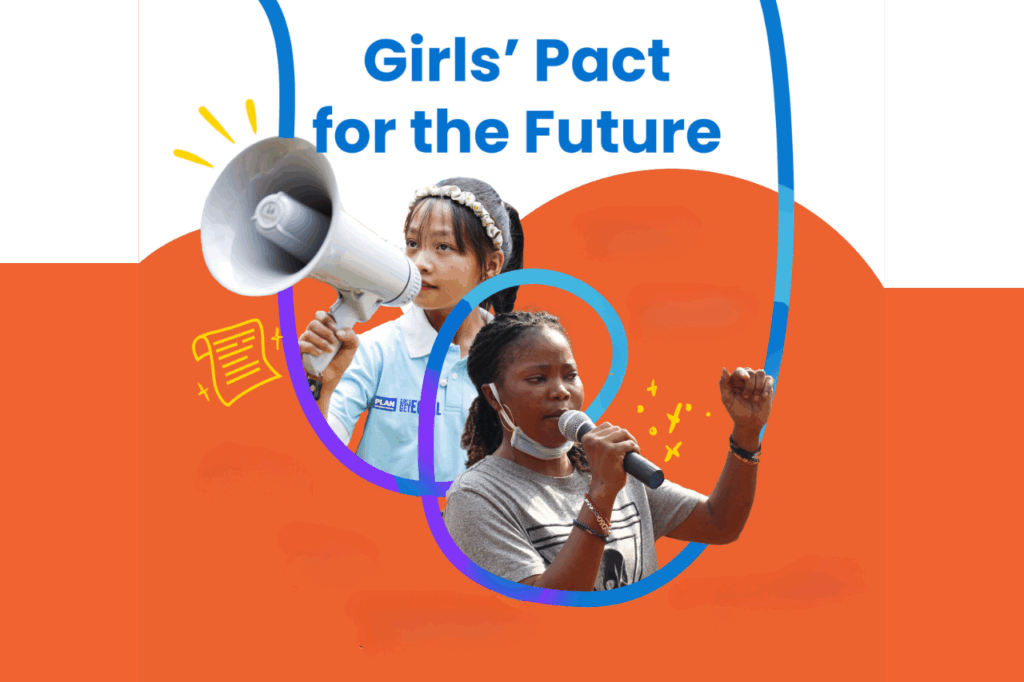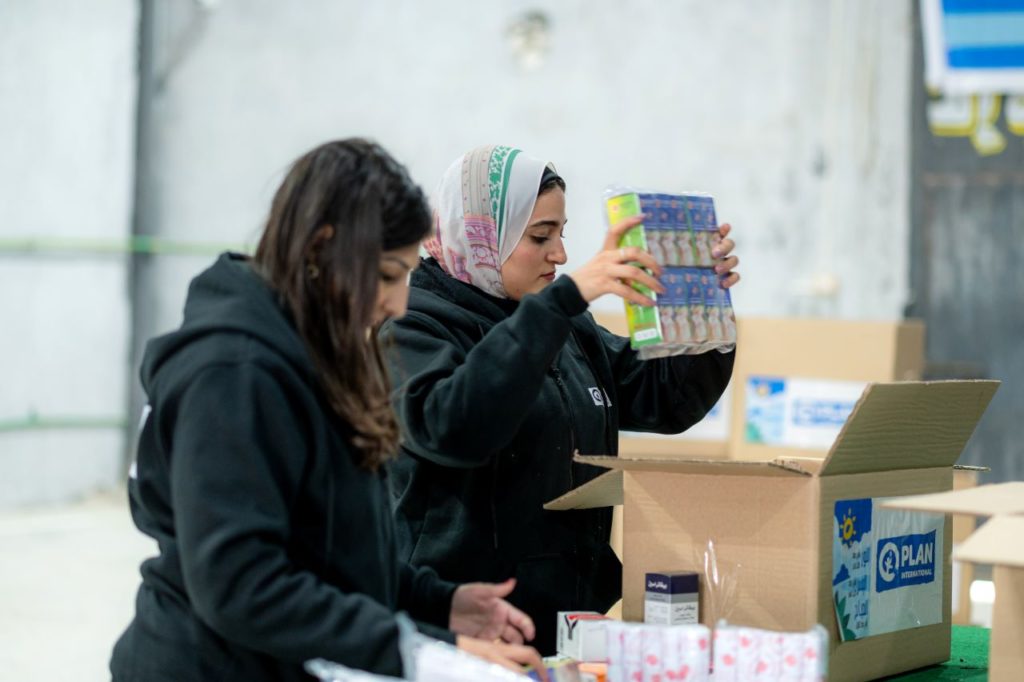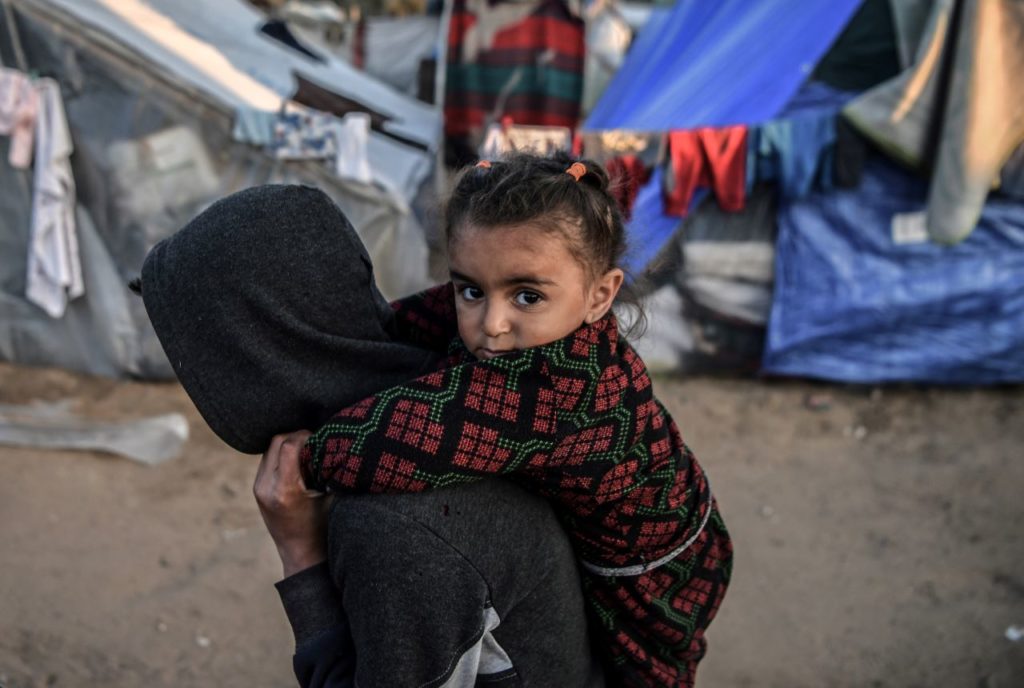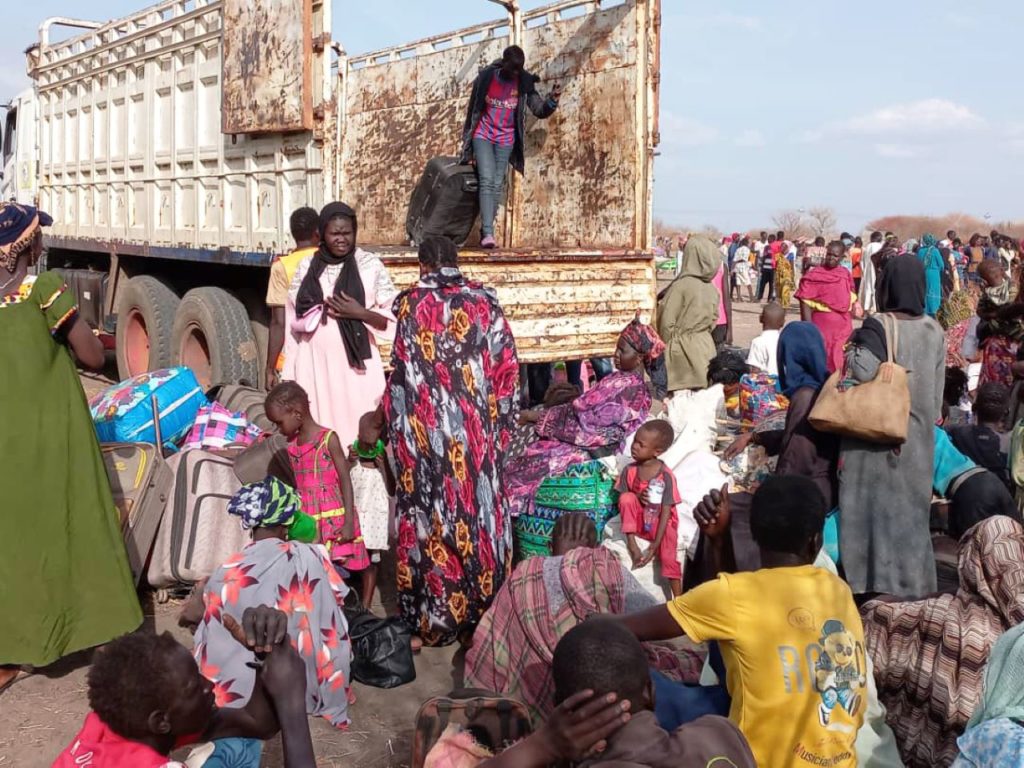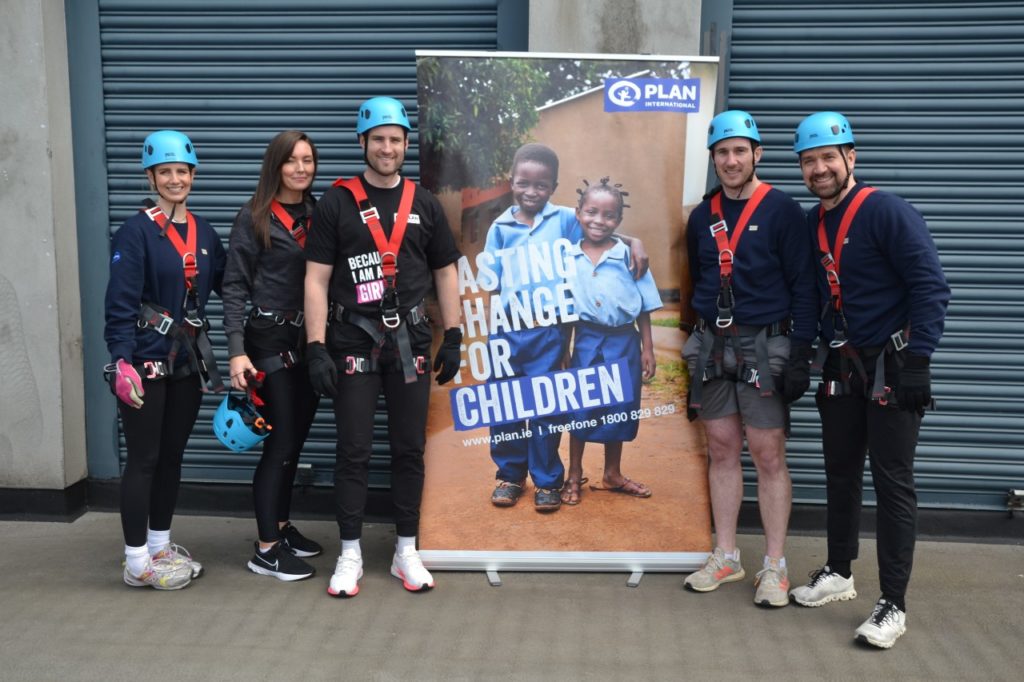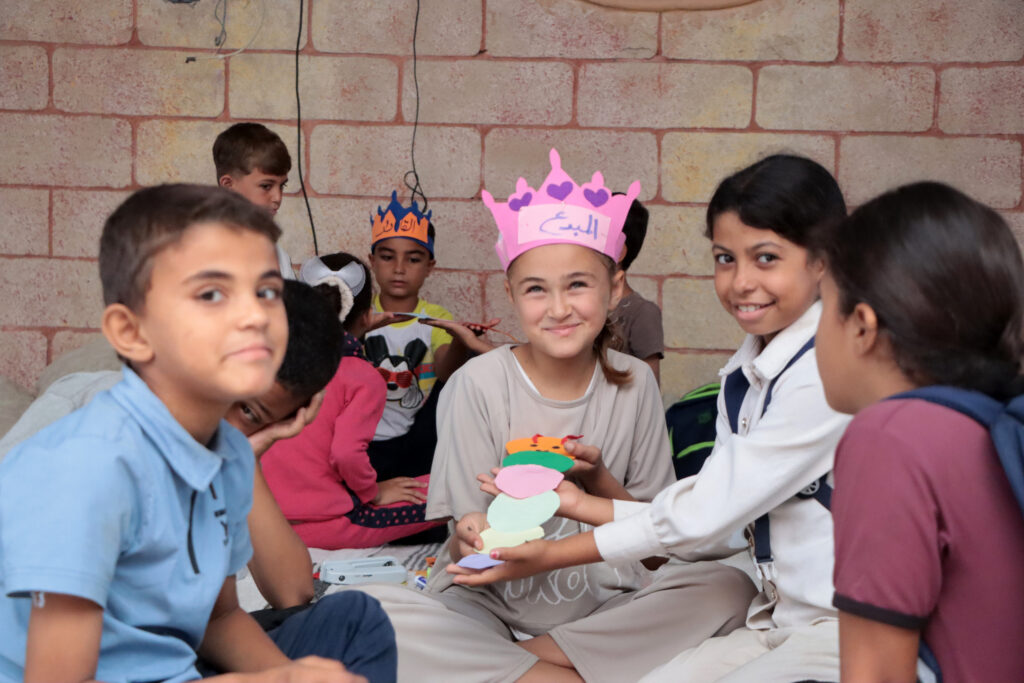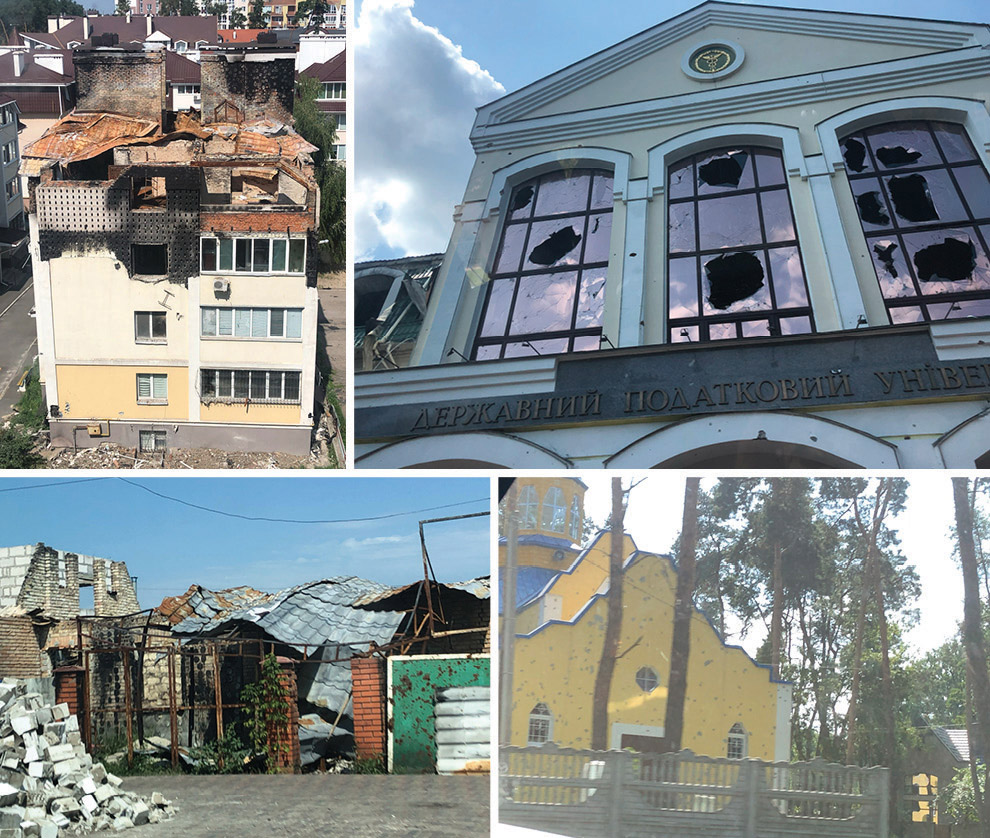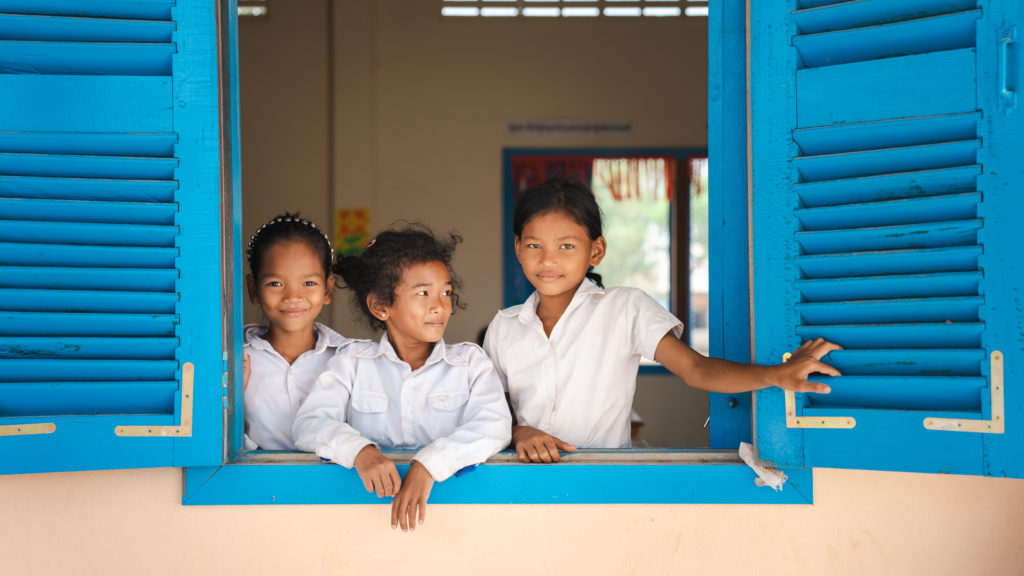After a tsunami struck beaches around the Sunda Strait in Indonesia on 23 December, killing at least 160 people, Plan International in Indonesia is preparing to deploy an assessment team to survey the situation in preparation for an aid response.
The Indonesian Government’s Meteorological and Disaster Management Agency said at least 160 people have been killed on the Indonesian islands of Java and Sumatra. More than 580 have been injured and 20 are missing. The toll is expected to grow.
The tsunami struck around 8.30pm local time, affecting Banten Province, particularly Pandeglang District, Serang and South Lampung District, Lampung Province, where there are popular local tourist beaches. It is thought to have been caused by an undersea landslide that resulted in volcanic activity on Anak Krakatau.
Plan International’s partner organisation on the ground, Yayasan Plan International Indonesia (YPII), has an Emergency Response team (ERT) on standby to deploy if needed.
Yayasan Plan International Indonesia Program Director Dwi Rahayu said: “We are preparing to deploy an assessment team to survey the situation and our contacts in the area are updating us of all developments. Plan International is always ready to make a quick assessment that can guide us if there is a need to respond and if so, how best we could respond.”
“We have extensive experience in disaster response in Indonesia, including responding to the earthquakes and tsunamis in Aceh, Lombok, and recently Palu and Donggala. Together with government of Indonesia and other fellow humanity agencies and organisations, our main response is focused on education and child protection in emergencies.”
